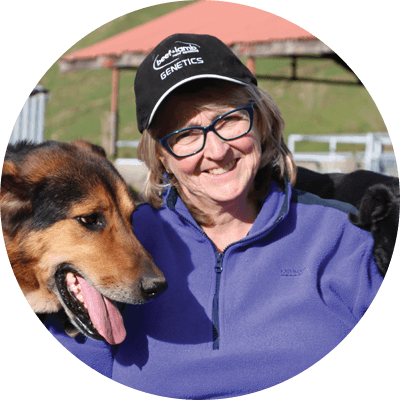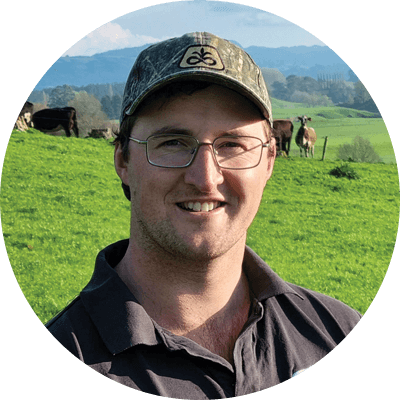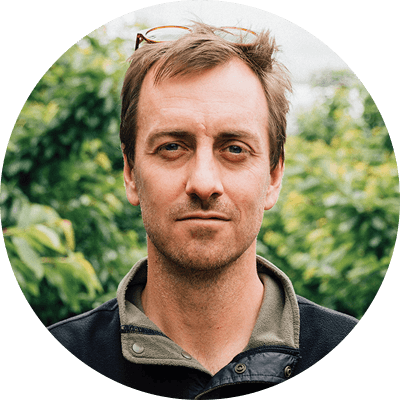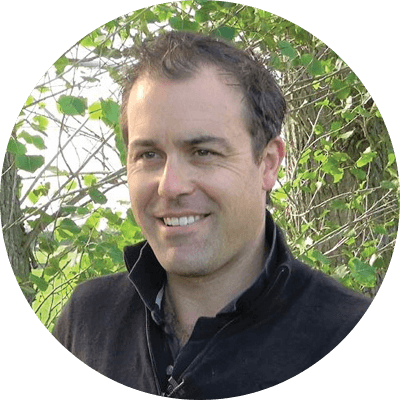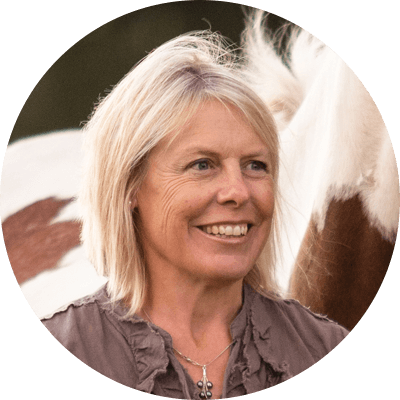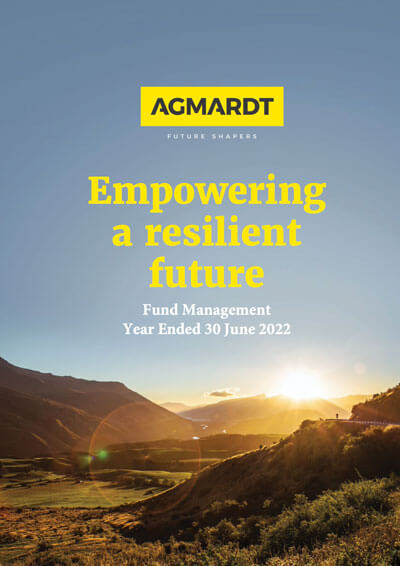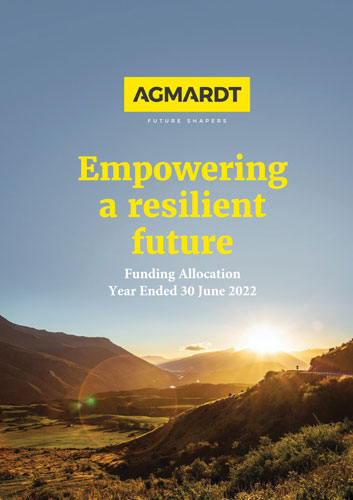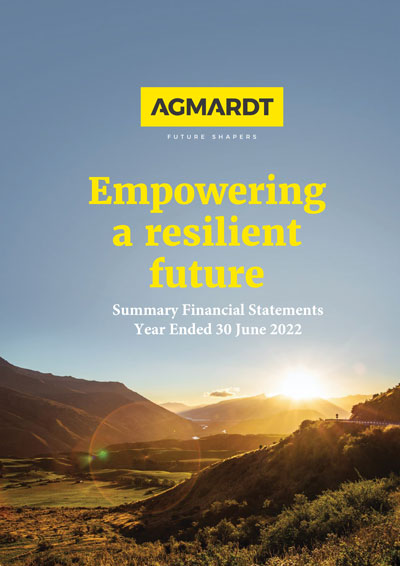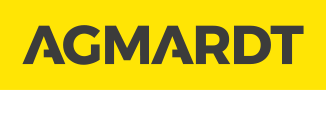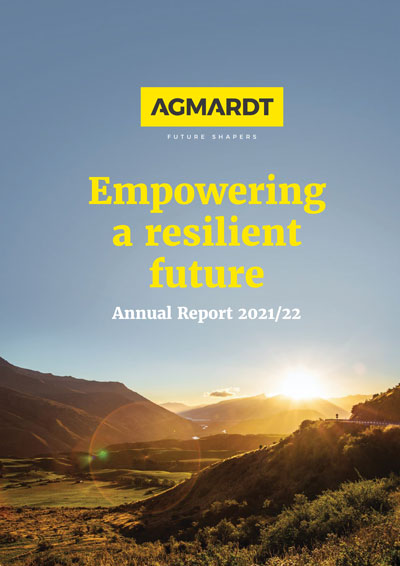It’s focused on the big picture, through funding Phase 1 and Phase 2 of the Aotearoa Circle’s initiative to develop a national food roadmap, one that has brought together public and private sector leaders and engaged with a wide range of stakeholders and community groups. The key output is the Mana Kai framework which identifies actions to initiate food system transformation.
It’s connecting the right people and inspiring them through thought leadership, by sponsoring E Tipu: The BOMA Agri Summit 2022, a gathering of more than 750 attendees from 242 organisations, all who are passionate about shaping the future of the sector.
It’s capability building, by funding Nuffield and Kellogg Scholarships through the Rural Leadership Trust; and by awarding 12 AGMARDT Leadership Scholarships during the year to individuals across the value chain and industries.
It’s about helping to attract, develop and retain talent, through three critical partnerships. Growing Future Farmers, an employer-led group; Agribusiness in Schools; and the development of the Generation Change Programme through Agri Women’s Development Trust. Each of these organisations is dedicated to attracting, educating and equipping young people who are interested in learning about and working in the food and fibres sector.
And it’s technology and innovation-focused, through our partnership with Sprout Agritech, which supports capability building and the path to commercialisation.
In every partnership, every collaborative relationship, AGMARDT is focused on the long term, playing a key role in bringing people together to plan and act on what’s most important.



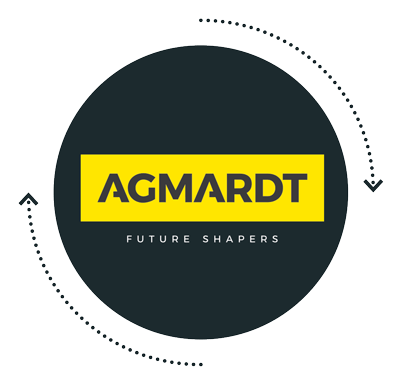




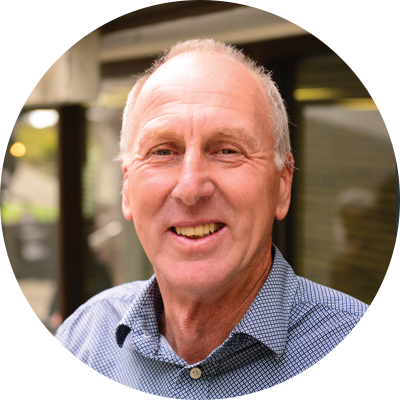 The theme of our report is Empowering a resilient future. What does this mean for AGMARDT, for our role in New Zealand’s food and fibres sector, and for the sector at large? How do our past behaviours influence us going forward, and what needs to shift so that we’re better prepared for a quickly changing world?
The theme of our report is Empowering a resilient future. What does this mean for AGMARDT, for our role in New Zealand’s food and fibres sector, and for the sector at large? How do our past behaviours influence us going forward, and what needs to shift so that we’re better prepared for a quickly changing world?


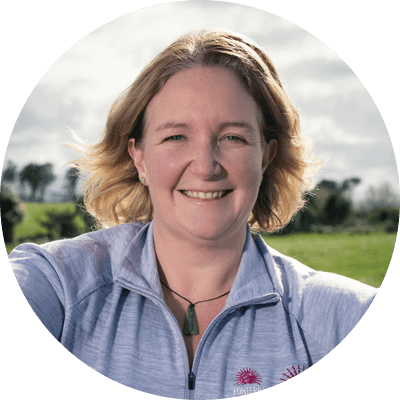






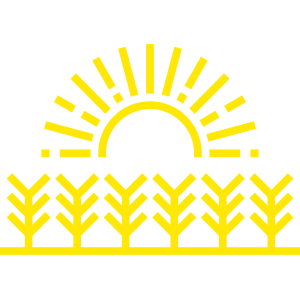





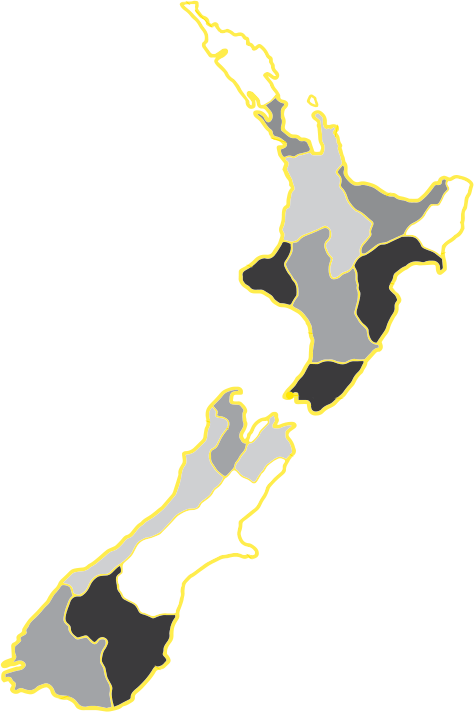






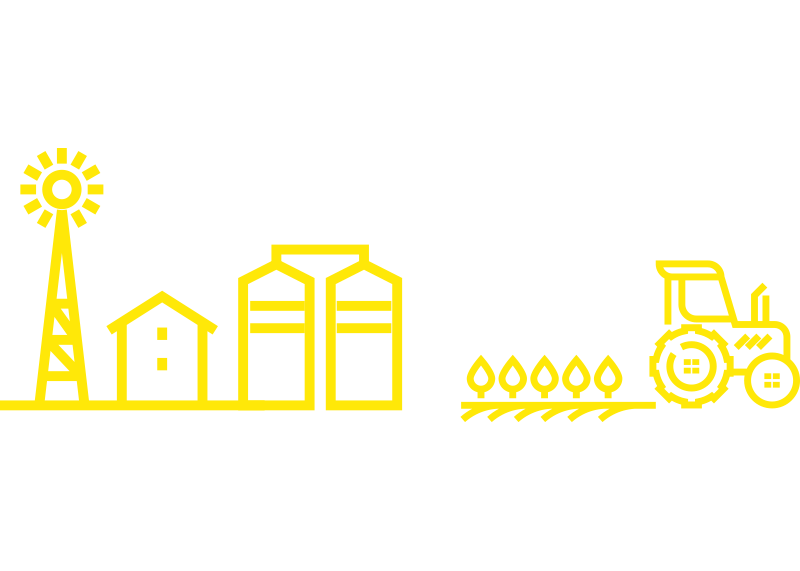
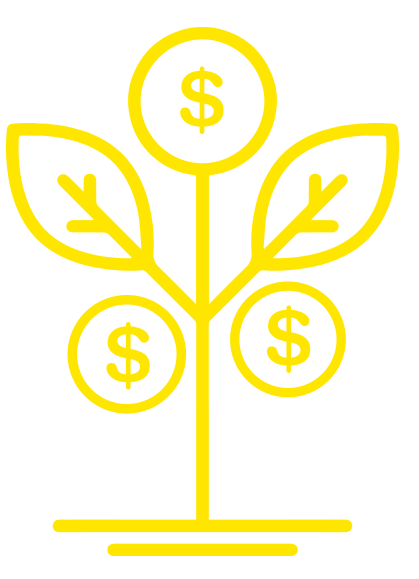



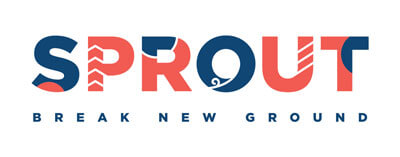
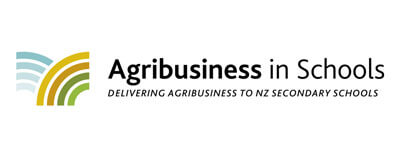


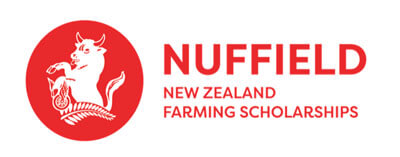
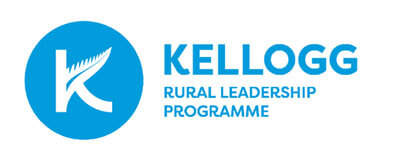
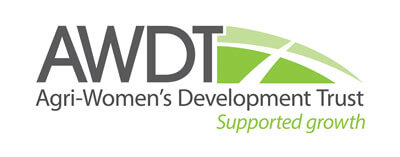

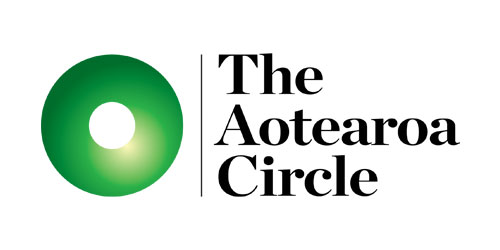
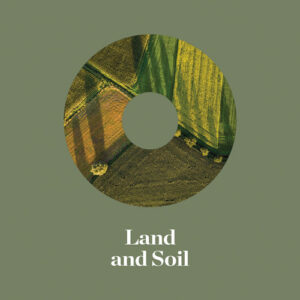
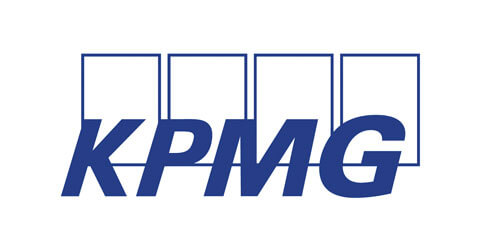
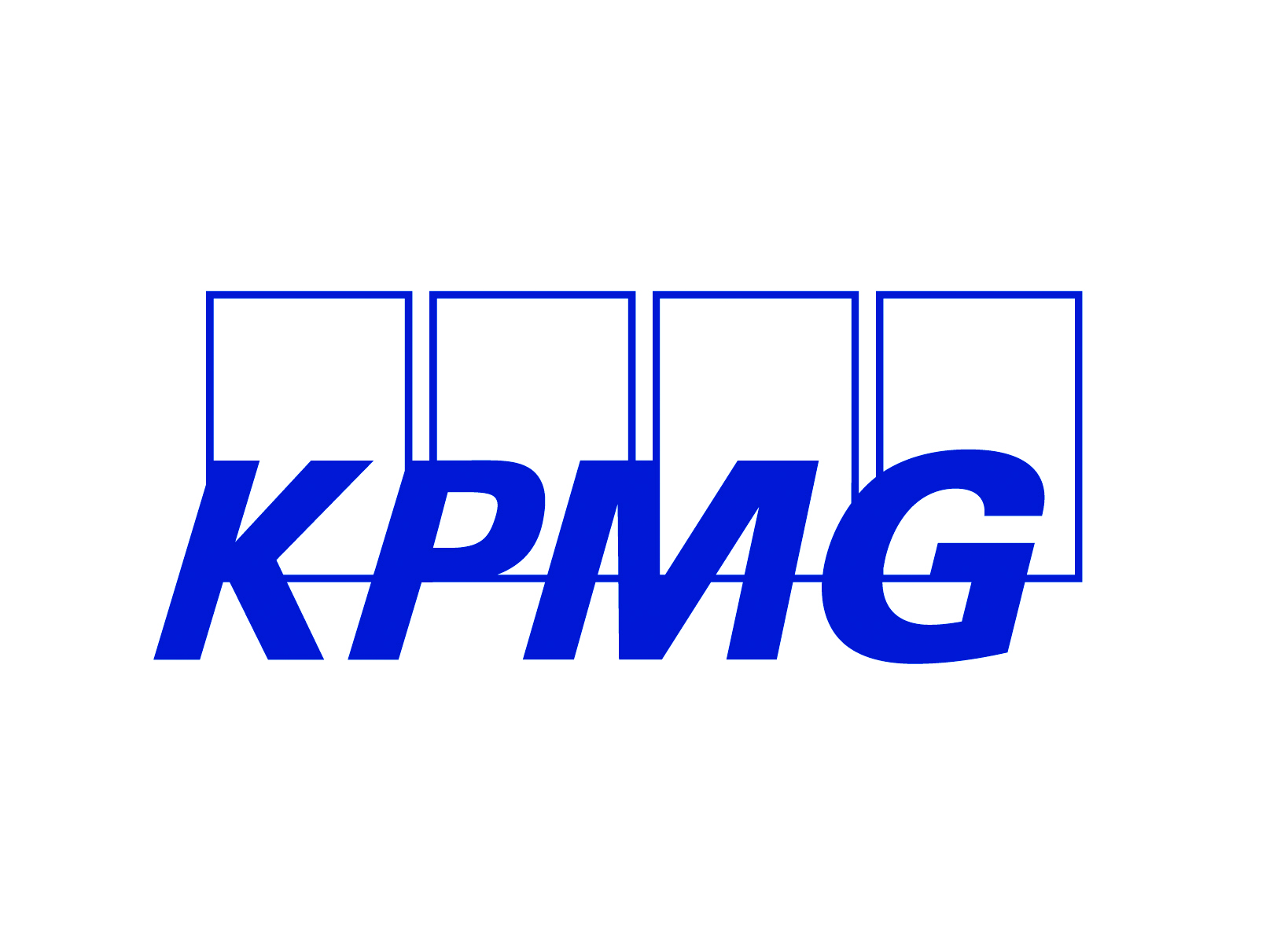 IFTF Foresight Essentials is a one-of-a-kind course designed to help individuals and organisations develop their skills in the art and science of foresight.
IFTF Foresight Essentials is a one-of-a-kind course designed to help individuals and organisations develop their skills in the art and science of foresight.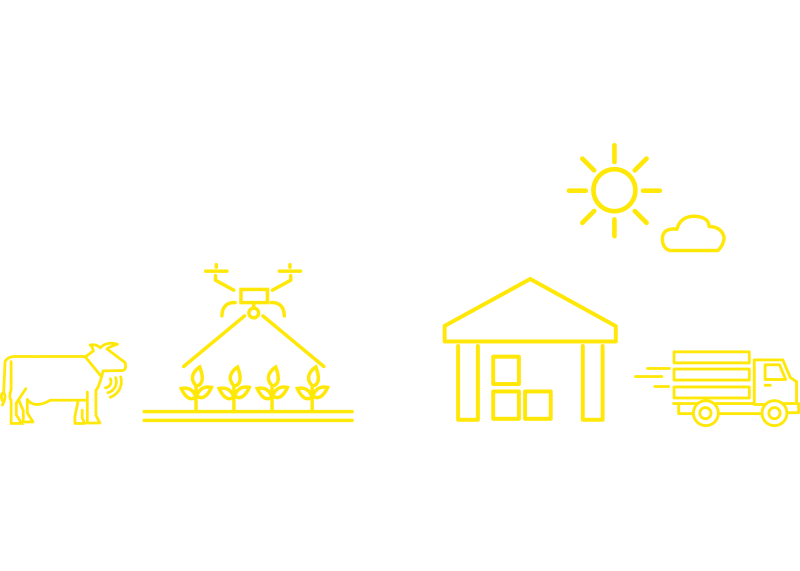 Ian Proudfoot, Global Head of Agribusiness, KPMG
Ian Proudfoot, Global Head of Agribusiness, KPMG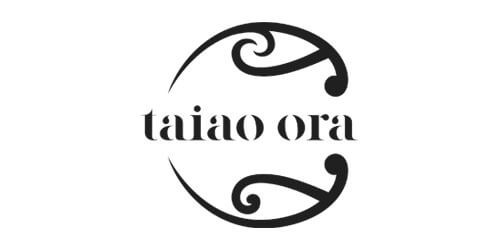
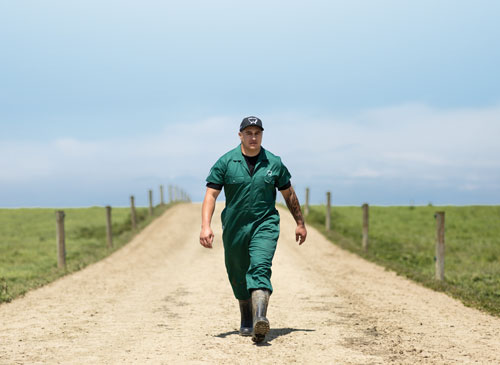 Taiao Ora, Tangata Ora is a four-year programme of work to create transformative pathways for Aotearoa New Zealand’s food and fibres sector, based on genuine partnership and shared values between Māori and Pākehā. It is an invitation to willing farmers, growers and businesses who are committed to building a new way of producing food and fibre that puts the wellbeing of our natural world first.
Taiao Ora, Tangata Ora is a four-year programme of work to create transformative pathways for Aotearoa New Zealand’s food and fibres sector, based on genuine partnership and shared values between Māori and Pākehā. It is an invitation to willing farmers, growers and businesses who are committed to building a new way of producing food and fibre that puts the wellbeing of our natural world first.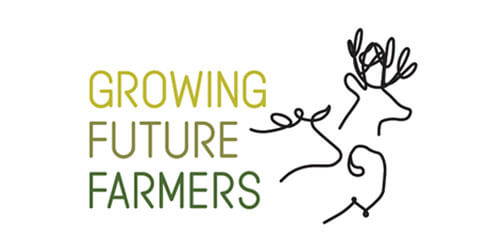
 What does GFF aim to achieve and what impact will it have on the sector?
What does GFF aim to achieve and what impact will it have on the sector?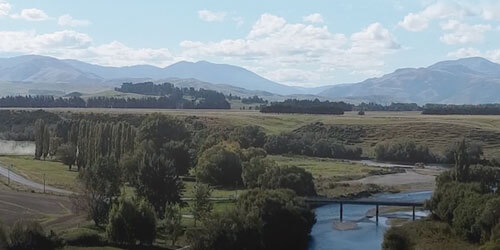
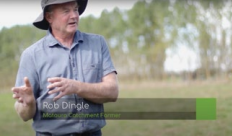
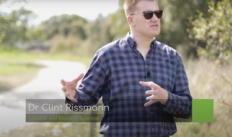 2022 AGMARDT Food & Fibres Aotearoa Challenge
2022 AGMARDT Food & Fibres Aotearoa Challenge
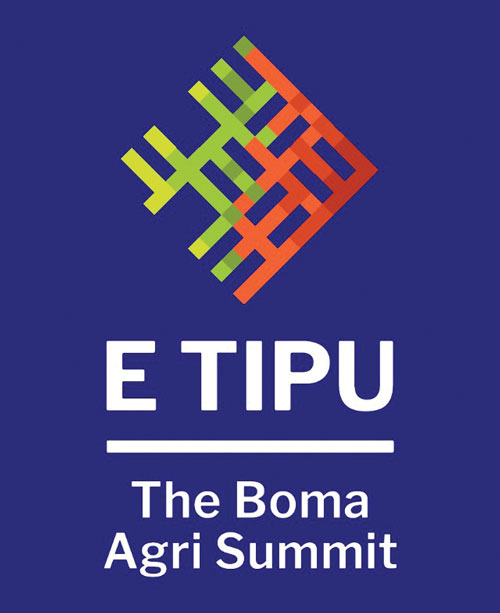 E Tipu 2022 - Boma NZ Agri Summit
E Tipu 2022 - Boma NZ Agri Summit Jude Leferink, Brand and Marketing Director for Boma New Zealand.
Jude Leferink, Brand and Marketing Director for Boma New Zealand.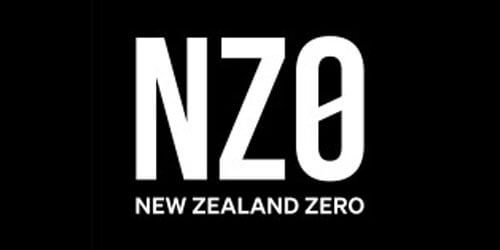
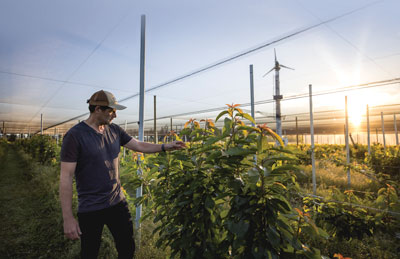 Emission Free Farming
Emission Free Farming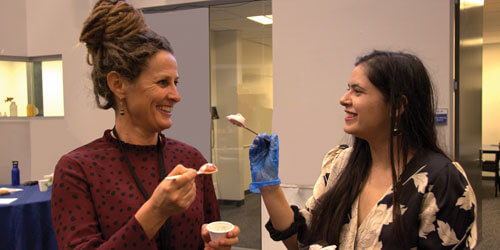
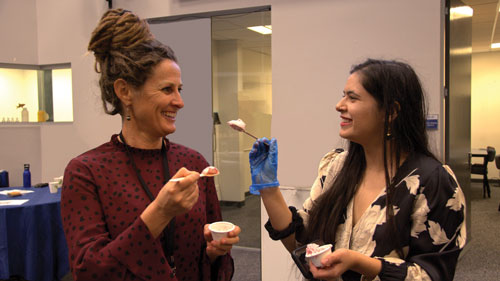 Proof of Concept and Validation of Cauliflower-Based Ice Cream Product
Proof of Concept and Validation of Cauliflower-Based Ice Cream Product Kinda plans to have their cauliflower ice-cream on retail shelves for Summer 2022/23.
Kinda plans to have their cauliflower ice-cream on retail shelves for Summer 2022/23.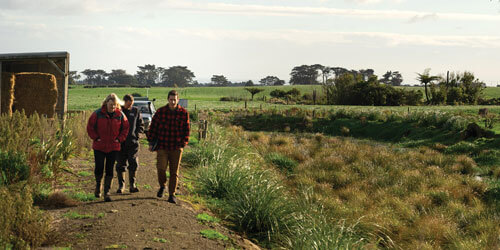
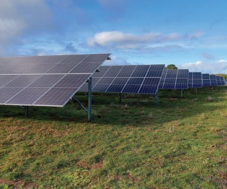 Taranaki Rural Energy Project Pilot
Taranaki Rural Energy Project Pilot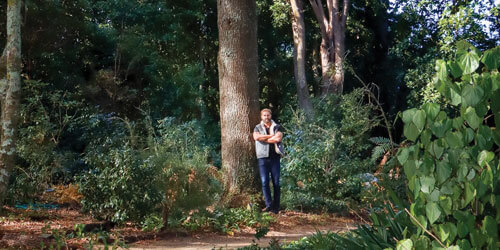
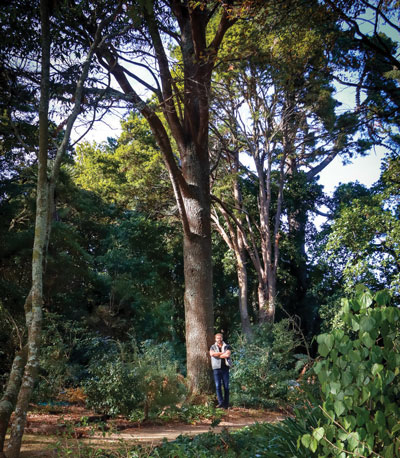 Wood to Food
Wood to Food

 Using Satellite Science to Measure River Water Quality
Using Satellite Science to Measure River Water Quality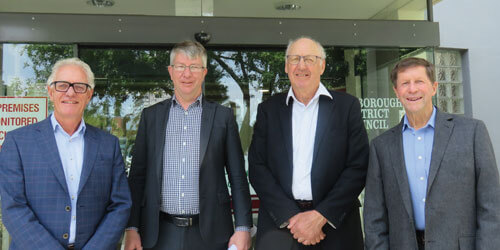
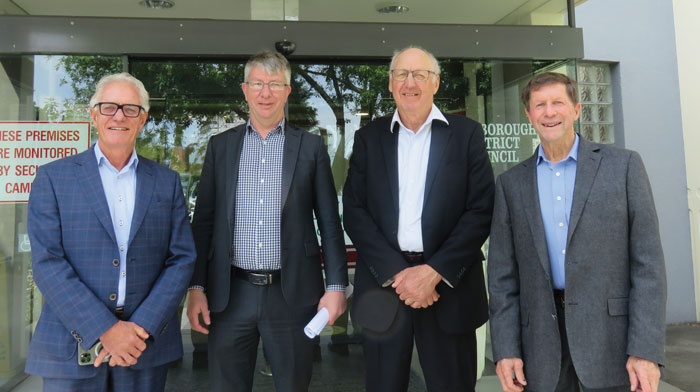
 The waste-mapping report is now available on MRC’s website at
The waste-mapping report is now available on MRC’s website at 


